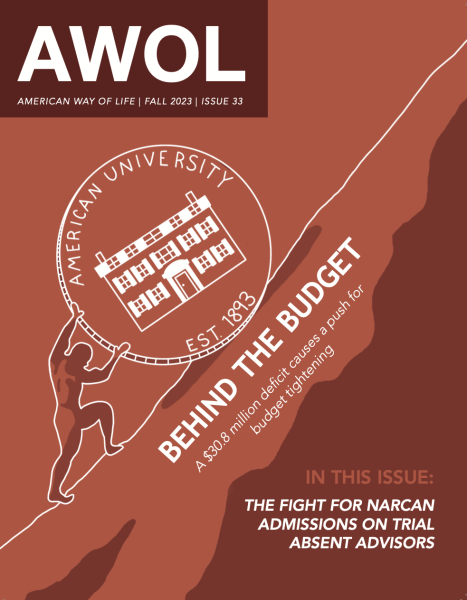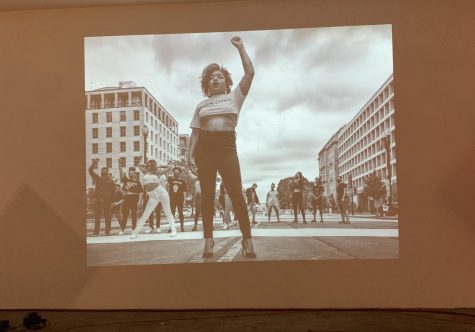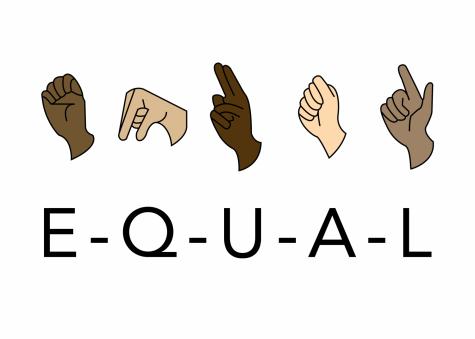A “Forgotten War:” America’s Military Campaign in Africa

Photo Credit: US AFRICOM
The White House met its quota of offensive behavior this week as the leader of the free world traded blows with a soldier’s widow. America’s news cycle was dominated by Myeshia Johnson’s account of her condolence call with President Trump. This call came 19 days after her husband was killed in action. During the conversation, the president reportedly forgot the name of Johnson’s husband and told her that “he knew what he signed up for, but it hurts anyways.” Sgt. La David Johnson was one of four American operators killed in an ambush in Niger, in West Africa.
The idea of a sitting president acting so tactlessly when speaking to the widow of a fallen soldier raises enough red flags as it is. However, the details of President Trump’s feud with the Johnsons raised a larger question about U.S. foreign policy: What were we doing in Niger in the first place?
The United States had a military presence in Africa long before the ambush that claimed the life of Sgt. Johnson. Limited media coverage dating back to 2010 suggests that American combat elements and support advisors were in-theater leading the campaign against newly-formed terrorist groups in Mali, Algeria, and other African states.
Even so, before Donald Trump’s itchy Twitter finger brought us this week’s debacle, our country’s operations in Africa weren’t at the forefront of the American public consciousness. A preliminary Google search reveals only a few news articles on the subject in the last seven years.
Compare that with our daily coverage of U.S. military ventures in Afghanistan, Iraq, and Syria, and the dichotomy becomes even more apparent.
Military operations in Africa are even similar in scale to their more publicized counterparts in the Middle East. According to The Nation, American military elements carried out 674 missions across the continent last year alone. U.S. forces fight ISIS and al-Qaeda affiliated terrorist groups like Boko Haram and al-Shabab. American drones conduct regular airstrikes on targets in Somalia. A joint U.S.-French coalition is responsible for counterterrorism operations in Mali. For all intents and purposes, our military elements are as heavily tasked in the African theater as they are in the Middle East.
So why does nobody talk about it?
The military’s top brass certainly doesn’t make it easy for the average person (or journalist) to learn more than basic information on what the operational landscape looks like in Africa. VICE reports that the upper echelon of the U.S. African Command (AFRICOM) continually asserts that the United States is not at war on the continent, despite the (increasing) size and scope of operations. Huffington Post notes AFRICOM’s claim that there is only one permanent military base in Africa — Camp Lemonnier in Djibouti.
Despite the shadiness of the military on the issue, most of AFRICOM’s information is accessible to the general public in a series of reports from the African Special Operations Command (AFRISOCOM) — although it’s not well-publicized. With this base of knowledge and the resources that appear to go into American operations in Africa, it seems like the air of mystery that surrounds the theater should be nonexistent. So why hasn’t the media covered this conflict in the same way it does the Middle East?
There are several sociopolitical factors that explain the lack of media coverage. First is the longstanding “forgotten” status of Africa in the public consciousness. A July poll from the International Rescue Committee found that 85% of Americans are unaware of hunger crises affecting African nations.
It’s hard to pinpoint whether this ignorance stems from disinterest, or from lack of effective news coverage. Regardless, the result is that the American people don’t appear to understand or care about African issues, even when they directly involve the U.S. The result of this lukewarm attitude is that the media focuses elsewhere, which further contributes to America’s indifference.
Compounding this problem is the fact that Americans prioritize the fight against Middle Eastern terrorism over other theaters of conflict. Africa is increasingly becoming a hotbed for terrorist activity — the majority of U.S. operations combat Boko Haram and al-Shabab as they continue to commit atrocities in the region.
However, Americans tend to see the Islamic State and al-Qaeda as the biggest threats to national security, even as ISIS loses key territorial holdings and struggles to maintain combat effectiveness. This trend is demonstrated in the media’s publication history — the liberation of Raqqa occupies the front page, while the abduction of four hundred schoolgirls at the hands of Boko Haram warrants a sidebar.
Even though terrorism in Africa poses a larger threat to more people, the Middle Eastern “brand” is more frightening to the average American. That fear is reflected in how the U.S. media focuses on one theater of combat over the other, and furthers the erasure of Africa’s struggle against terrorism in the public eye.
There are some dire policy implications that follow this cycle. First of all, the ignorance of the American public to their military’s operations in Africa allows AFRICOM to conduct maneuvers without a coherent strategy or goal. The larger consequence of our indifference, however, is the fact that lack of public support for the fight against African terror groups like Boko Haram and al-Shabab means that operators in the region will make little progress in ending the atrocities these groups regularly commit.
The American people need a dual-faceted approach to improving their impact on all regions threatened by terrorism. The largest step is for the general public to gain a better understanding of the places where the military is actively fighting an extremist threat — not only the ones that they feel endanger them directly. The next change that must be made is the scope and frequency of media coverage on all theaters in which U.S. operators are engaged.
The wars Americans fight can not be relegated to side notes in the scandals of the Trump administration — or else the foreign policy challenges our nation faces will not only become harder to grasp, but more difficult to overcome.











